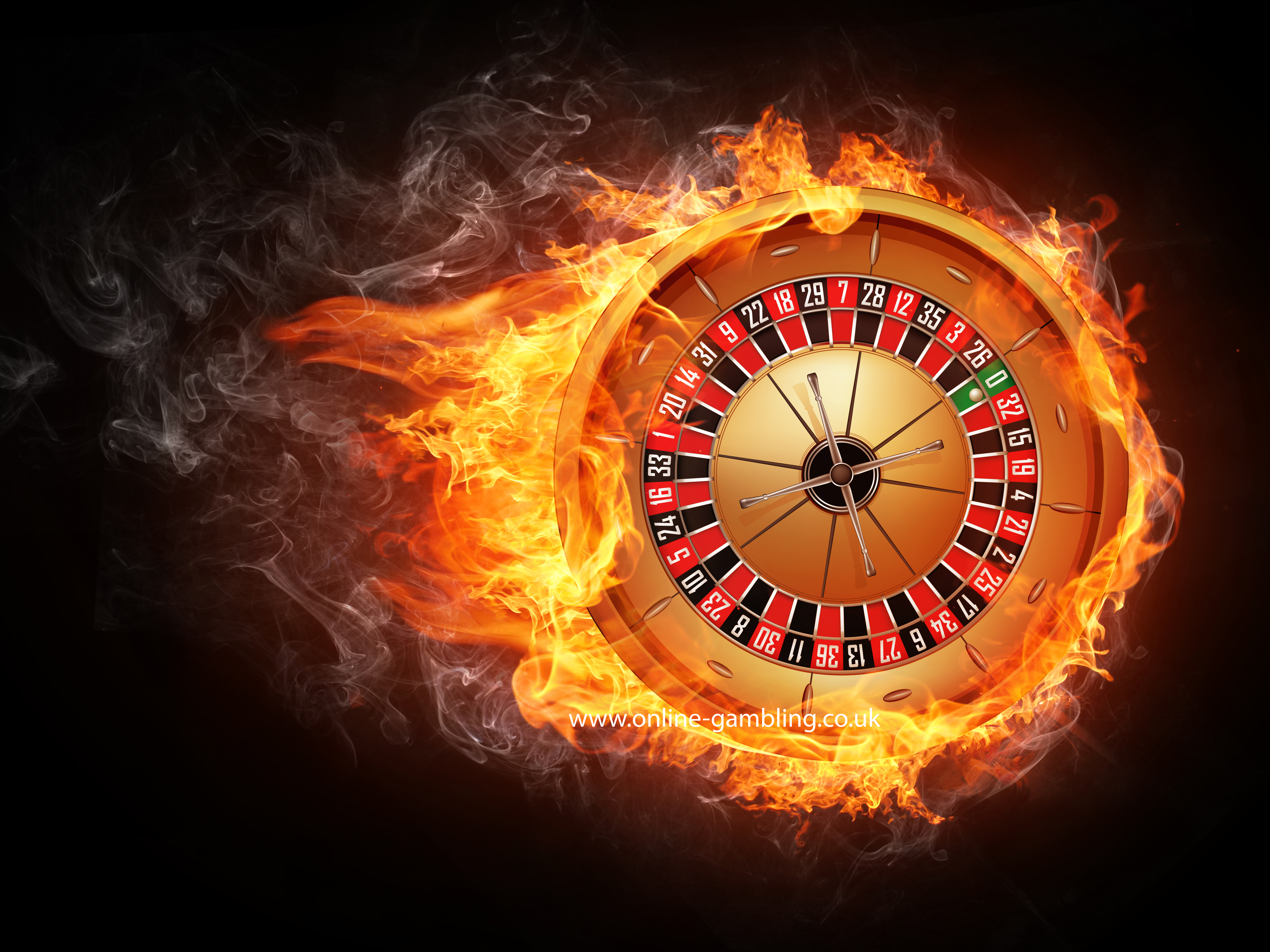
Gambling in casinos has long been a topic of interest and controversy, attracting millions of players around the world. With a mix of chance, strategy, and the excitement of uncertainty, casino games offer an exciting escape from everyday life. However, as entertainment becomes ever more available, it invites a more thorough examination of the morality surrounding these games.
At the heart of the debate lies the question of whether casinos promote safe gambling or take advantage of at-risk individuals. The appeal of potential winnings versus the truth of losses can create a challenging situation, and understanding this balance is essential for both players and operators. As we delve into the morals of casino gaming, we will explore the responsibilities of casinos, the effects on society, and the measures that can be taken to foster a better gaming environment.
The Impact of Casino Gaming on Society
Casino gaming has a significant influence on society, affecting not only the economy but also social behaviors and community structures. The revenue generated from casinos can lead to job creation and boost local economies, as they provide numerous employment opportunities in different sectors including food and beverage, entertainment, and retail. However, while the financial benefits can be substantial, communities often grapple with the potential negative impacts that arise from increased gambling activity.
Additionally, the presence of casinos can lead to an rise in gambling addiction, presenting significant challenges for players and families. The thrill of casino games can quickly transform into a compulsive habit, affecting connections with others and leading to monetary issues. Many individuals may find it difficult with the loss of control over their gambling habits, resulting in a need for assistance programs and help to address this growing issue. The social cost of gambling addiction can ripple through families and neighborhoods, creating an urgent need for sensible gambling approaches.
In addition to the economic and social consequences, casino gaming often showcases cultural attitudes towards uncertainty and leisure. It can encourage a sense of excitement and leisure, attracting tourists and boosting tourism. However, this allure may also mask the broader implications of gambling as a method of entertainment, raising ethical questions about its advertisement and accessibility. As communities weigh the advantages and drawbacks of casino gaming, the need for responsible practices and oversight becomes increasingly critical in ensuring that the positive aspects are enhanced while reducing the negative effects.
Moral Concerns in Gambling Practices
The ethics of gambling operations often center around the risk for dependency and its consequences on individuals and households. Gambling can lead to significant monetary distress, impacting not only the betters but also their loved ones. As people become caught in the appeal of winning, many lose sight of their financial limits, which can result in catastrophic outcomes such as insolvency. This poses moral questions about the responsibility of casinos in fostering responsible gambling habits and offering support for those who may be dealing with betting addiction.
Another major concern is the advertising of gambling to vulnerable groups. Casinos often aim at low-income people or communities with the promise of fast rewards, which can perpetuate patterns of financial struggle and hopelessness. In this situation, the morality of marketing strategies used by gambling establishments come under scrutiny, as they may take advantage of the desperation of people seeking an escape from economic troubles. This manipulation raises moral questions about the honesty of the gambling industry and its obligation to safeguard its most vulnerable patrons.
Additionally, the effect of casino gaming on the community as a entirety cannot be overlooked. While some argue that gambling establishments create employment and boost local economies, others point to the social costs associated with dysfunctional gambling, increased criminal rates, and a burden on public services. Balancing financial advantages with the risk for community issues presents a challenging ethical dilemma for policymakers and gambling operators alike. The difficulty lies in finding a ethical approach that takes into account the welfare of people and communities while still permitting for the enjoyment of gambling gaming. https://vinbet.click/
Oversight Structure and Obligations
The oversight system surrounding gaming games is created to ensure justice, integrity, and gambler safety. Multiple government bodies and gaming commissions establish and enforce regulations that dictate how gambling operations operate, the standards for product development, and the protocols for handling prizes. These regulations change by locale but commonly involve permit requirements for providers and rigorous measures to stop cheating and scams.
In also to governing bodies, casino businesses bear significant duty in maintaining principled standards within their facilities. They must adopt responsible gambling practices that support participant security and consciousness, including presenting self-limitation options and sharing information about the hazards connected to gambling. vinbet Operators are also responsible for educating staff to recognize signs of compulsive gaming and know the correct steps to assist patrons in need.
Moreover, openness in gambling operations is essential for gaining and preserving public faith. Operators should provide clear details about the chances of activities, advertising opportunities, and any connected dangers. By promoting an culture of integrity and trust, gambling establishments can help lessen the possible negative impact of gaming while enhancing the overall betting experience for all participants.